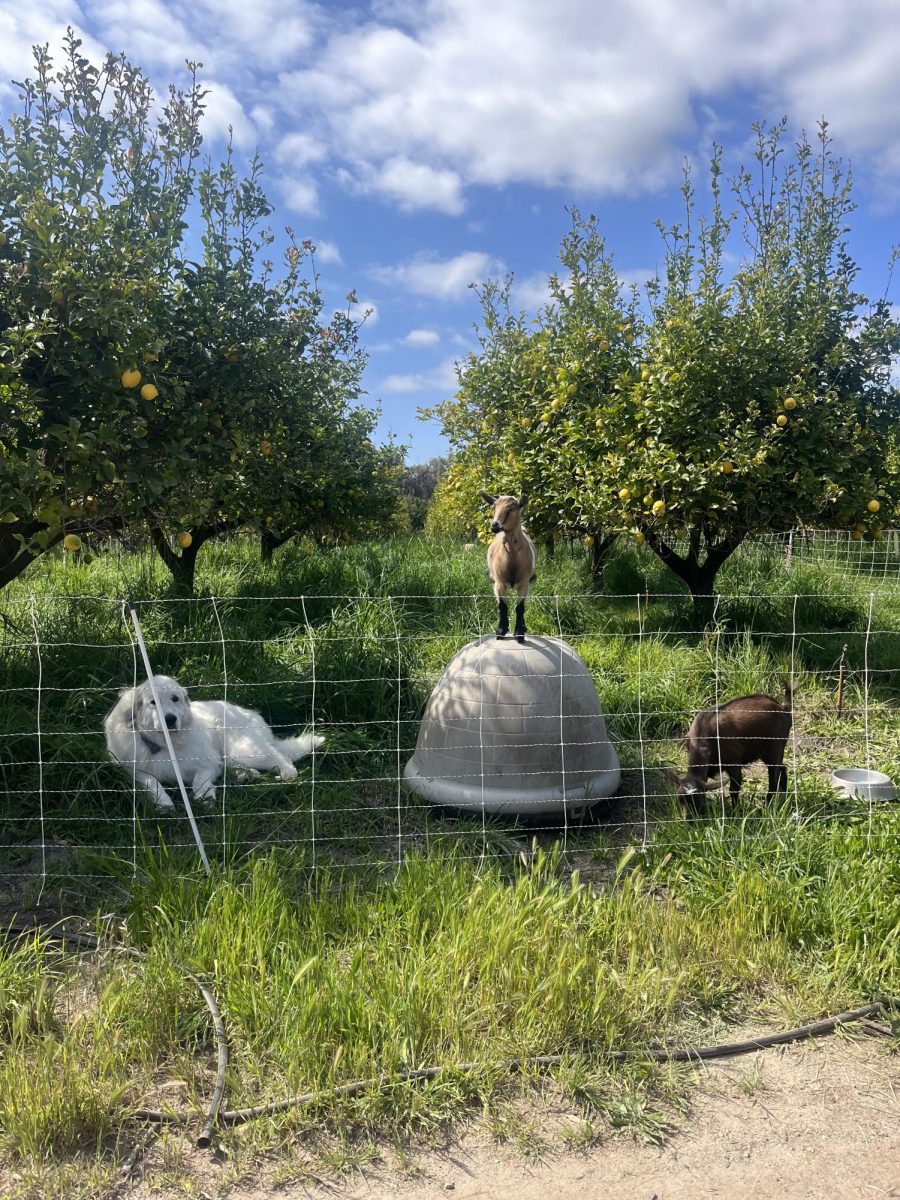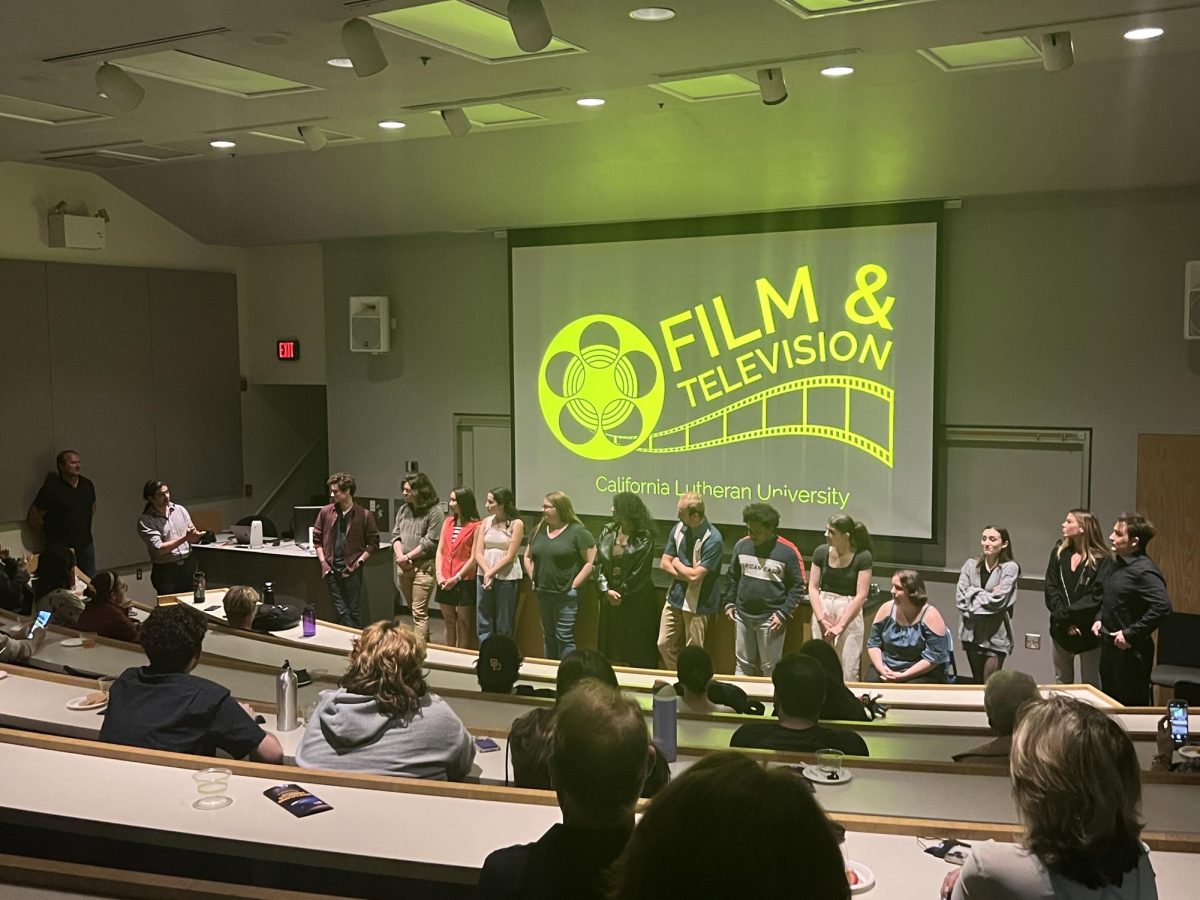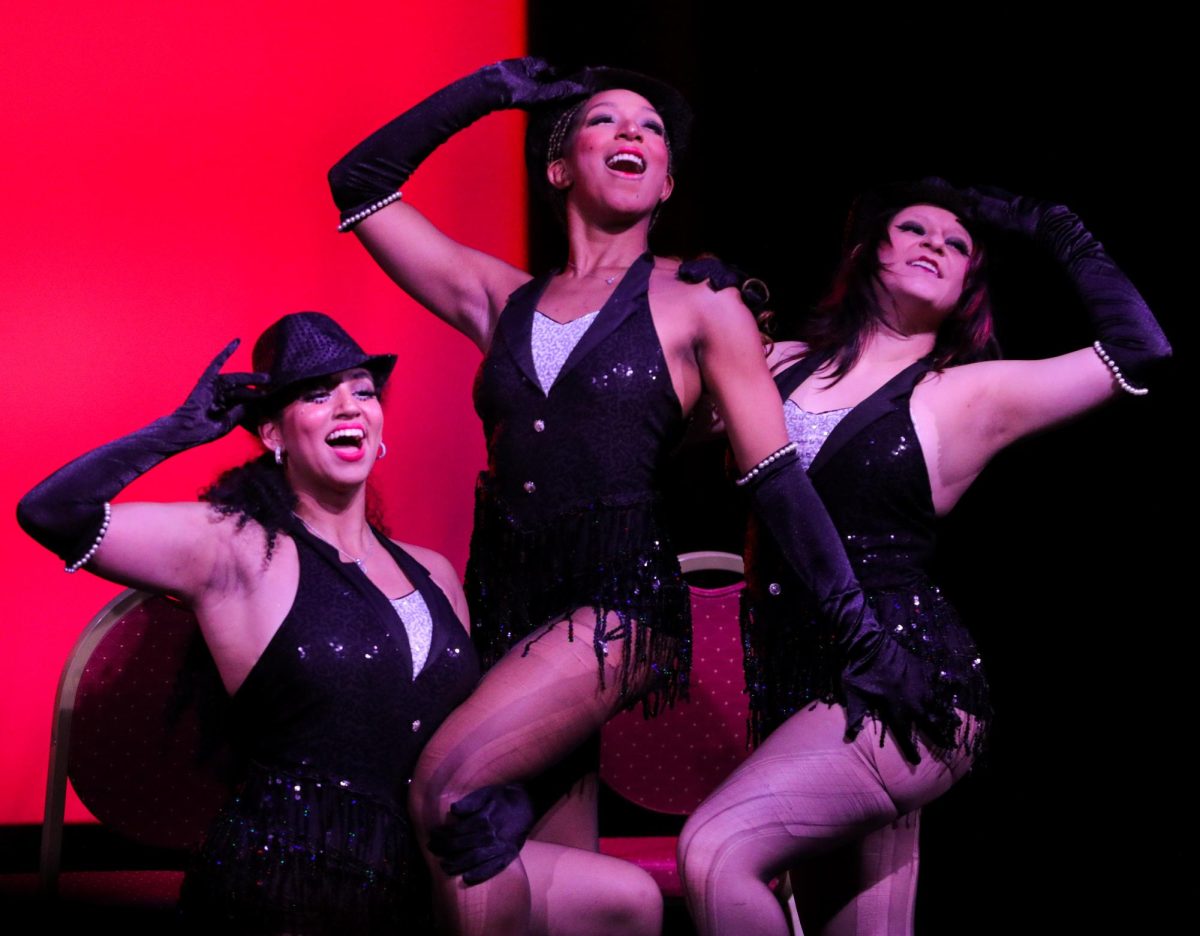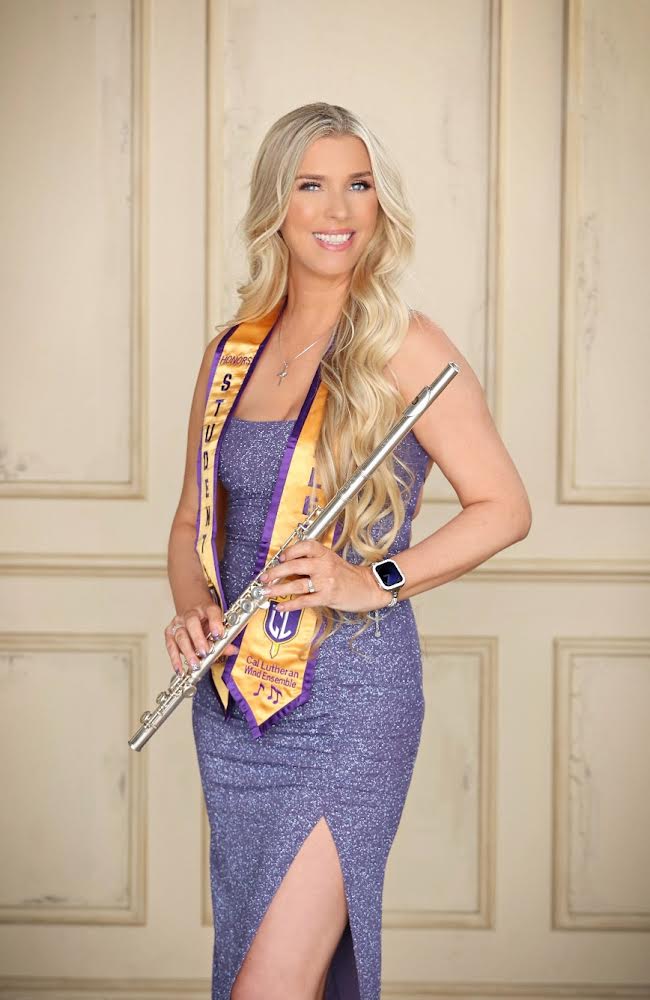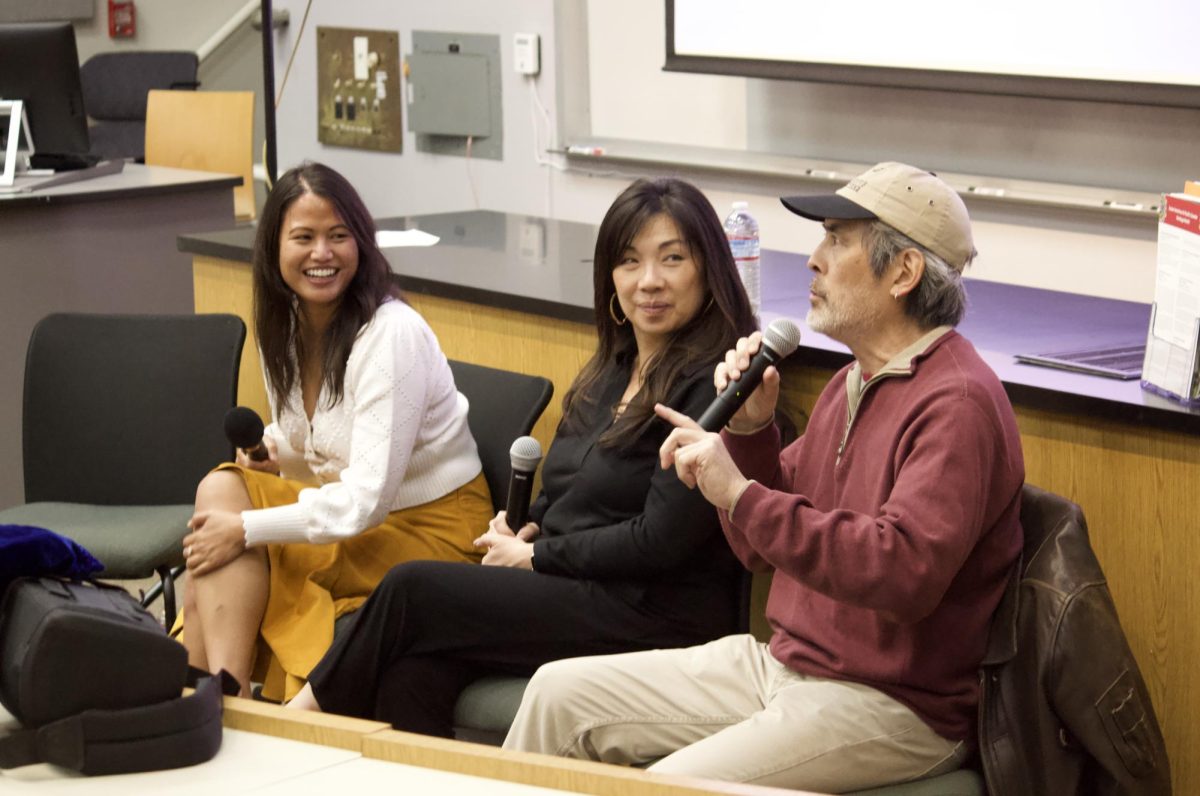Intro to Environmental Science or EES-152, offered by Associate Professor and Chair of the Earth and Environmental Sciences Department Robert Dull, students learn about the environment and ecosystems that are around us, micro-environments, sustainable farming, and environmental niches.
Many of these topics seem like they wouldn’t be the most interesting to learn about, but Dull said he has found a way to make the class more hands-on and memorable by taking them on trips where the students can see firsthand the content they learned in class.
Dull said he likes taking the students on these trips because they help to give students a more hands-on look at the topics they are learning.
“They tie in so well with our topics. So I’m teaching certain topics and I want to illustrate some of that out in the field and these two places have turned out to be some of the best for illustrating,” Dull said.
Students must go on one of the trips in the semester for 5% of their grade. Dull said this gives incentive for the students to make time to go on these trips.
“Sitting in the classroom, listening to lectures, it can get kind of tedious and I think going on these trips, having the hands-on experience helps me remember the material more,” junior Simrat Kang said.
The students have been invited to go on two trips this year. One was an all-day trip to Santa Cruz where students took a ferry to an island off the coast and then hiked for five miles once they had arrived.
“We learned a lot about like endangered species and introduced plants and all about the history of what happened on the island,” sophomore Nina Almaui said.
Students got to also go to Prisoner’s Harbor where they were able to watch whales on their way to the island.
The second trip Dull took the students on was to a farm in Moorpark, CA called Apricot Lane Farms which has even been featured in a documentary called “The Biggest Little Farm”.
At Apricot Lane Farms, Dull said students learned about ways that the farm participates in sustainable farming methods such as crop rotations, and introducing guinea fowl into the farm. This helps to manage pests on the farm and keep coyotes and other predators away due to their loud chirps and noises.
“We learned about the different practices and all about what they advocate…so they do crop rotations and they do terracing which helps prevent erosion…we were learning about how they manage the pests with their roaming animals like they had chickens roaming the farm,” Almaui said.
In the past Dull said students have gone to the former Hilton Foundation Lead Green Platinum building. During the pandemic, Dull said this trip was turned into an online virtual field trip and it remains as an assignment today.
Dull also said he hopes to add another field trip to his curriculum in addition to the two already offered.
“I have a connection with the Carpinteria salt marsh, one of my students is doing some research there. We go out and sample there so I have access to it but we haven’t brought a class out there and I think that would be a really helpful trip,” Dull said.
With funding from the university, Dull has created a course that offers hands-on experiences where students can see how the content they learn about in class reflects in the real world.



